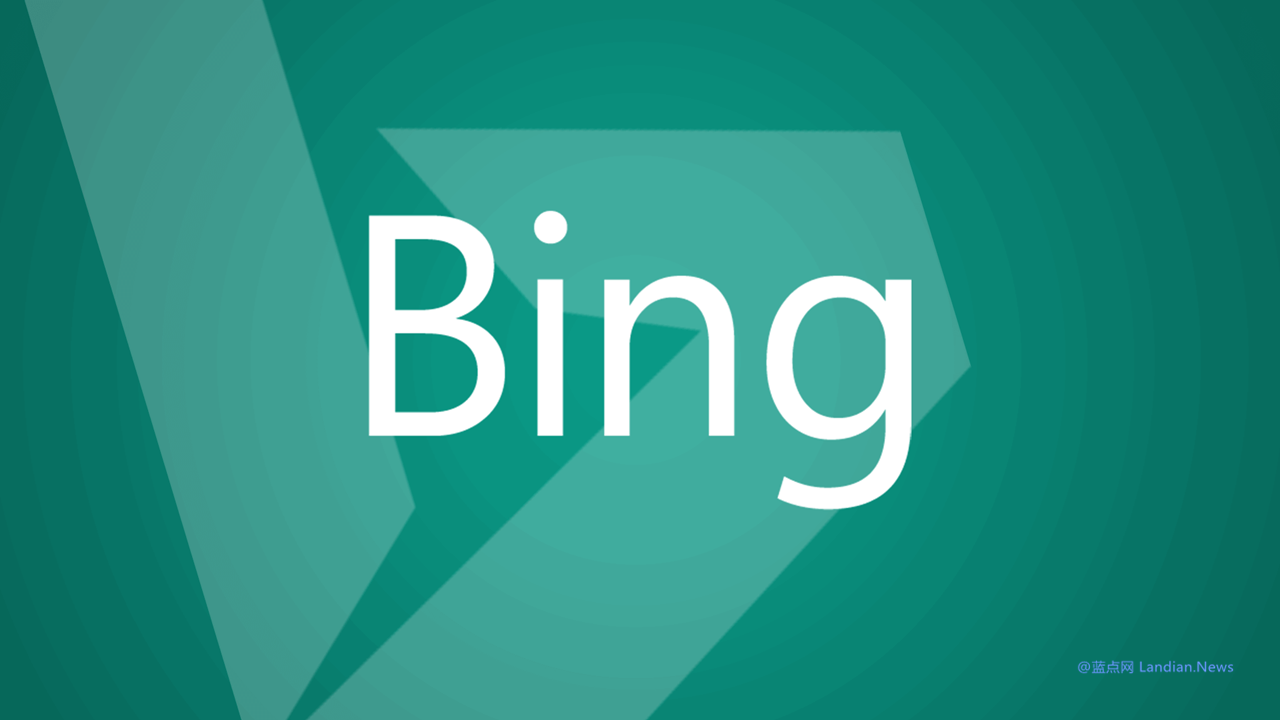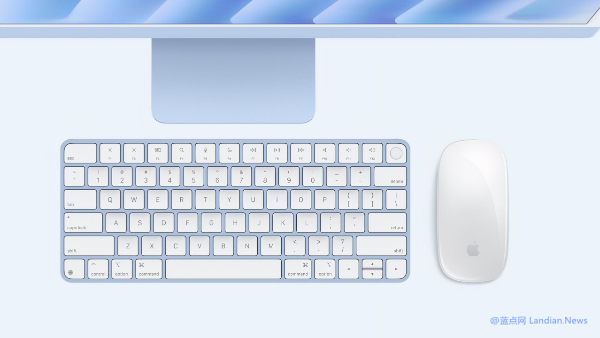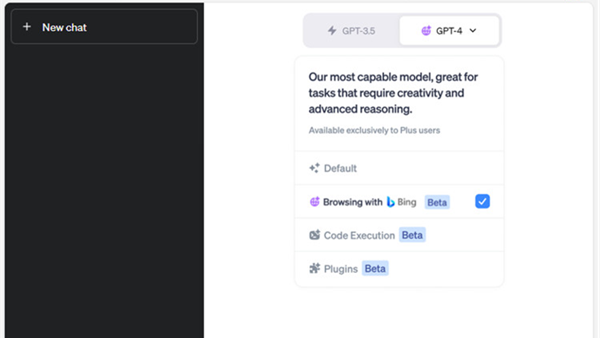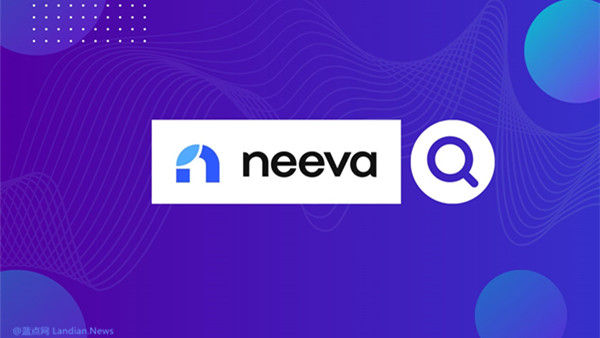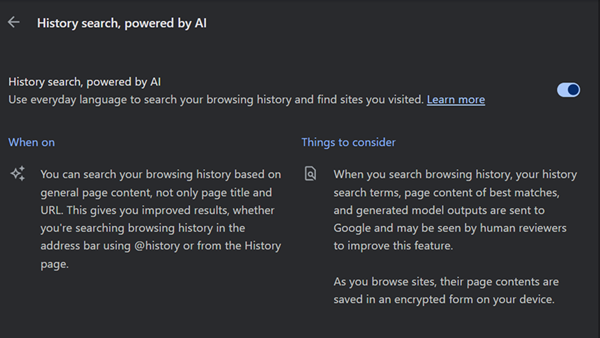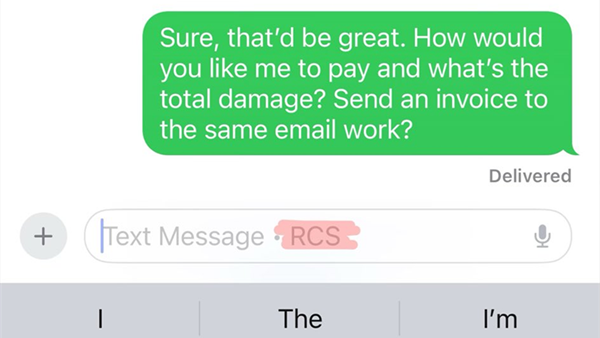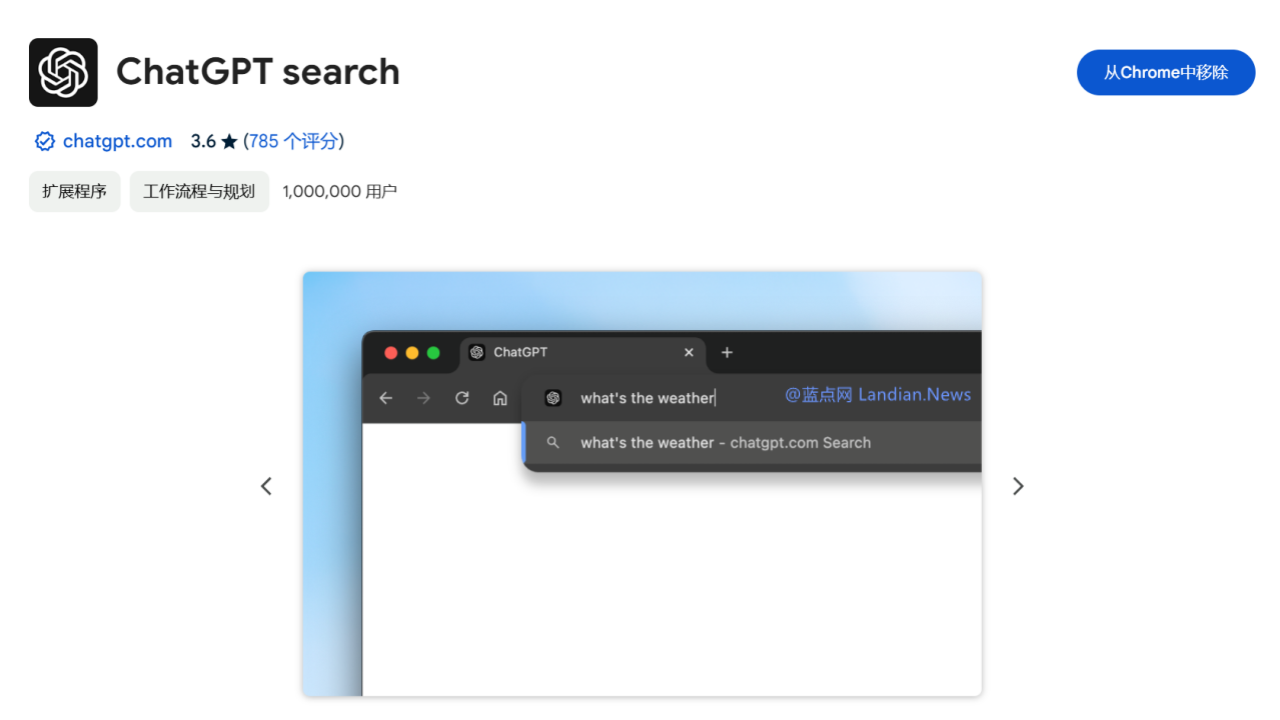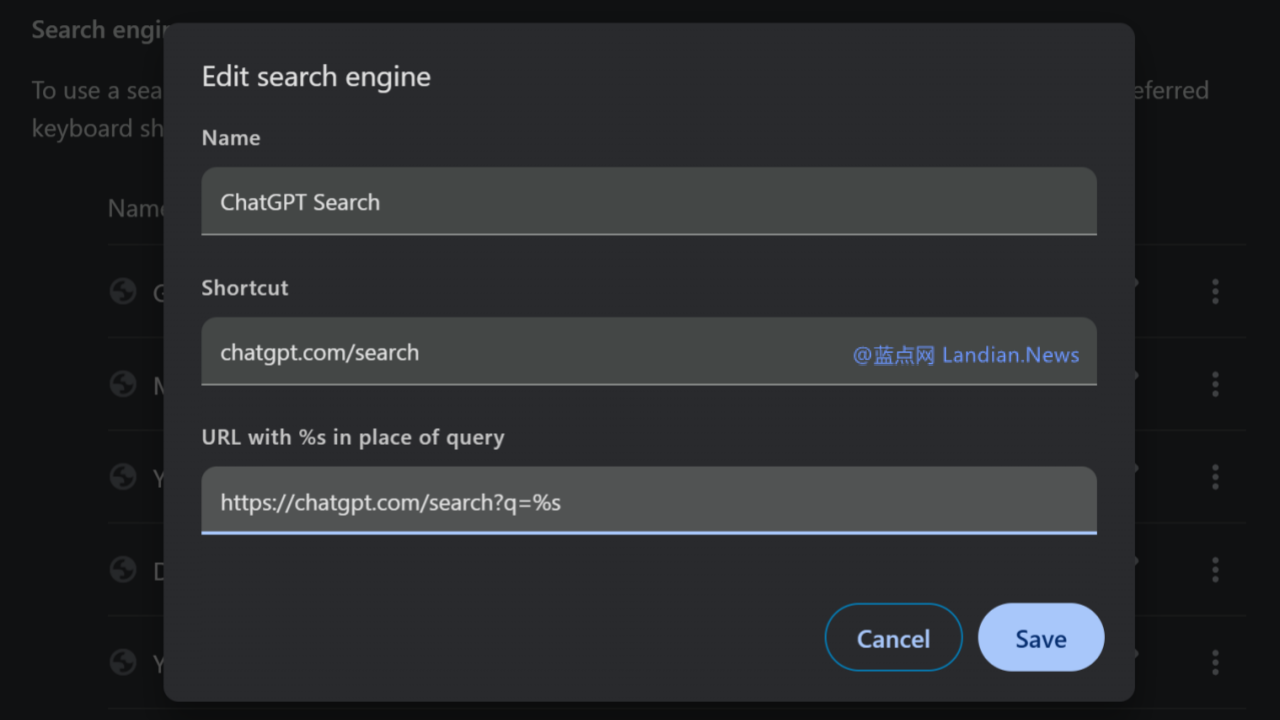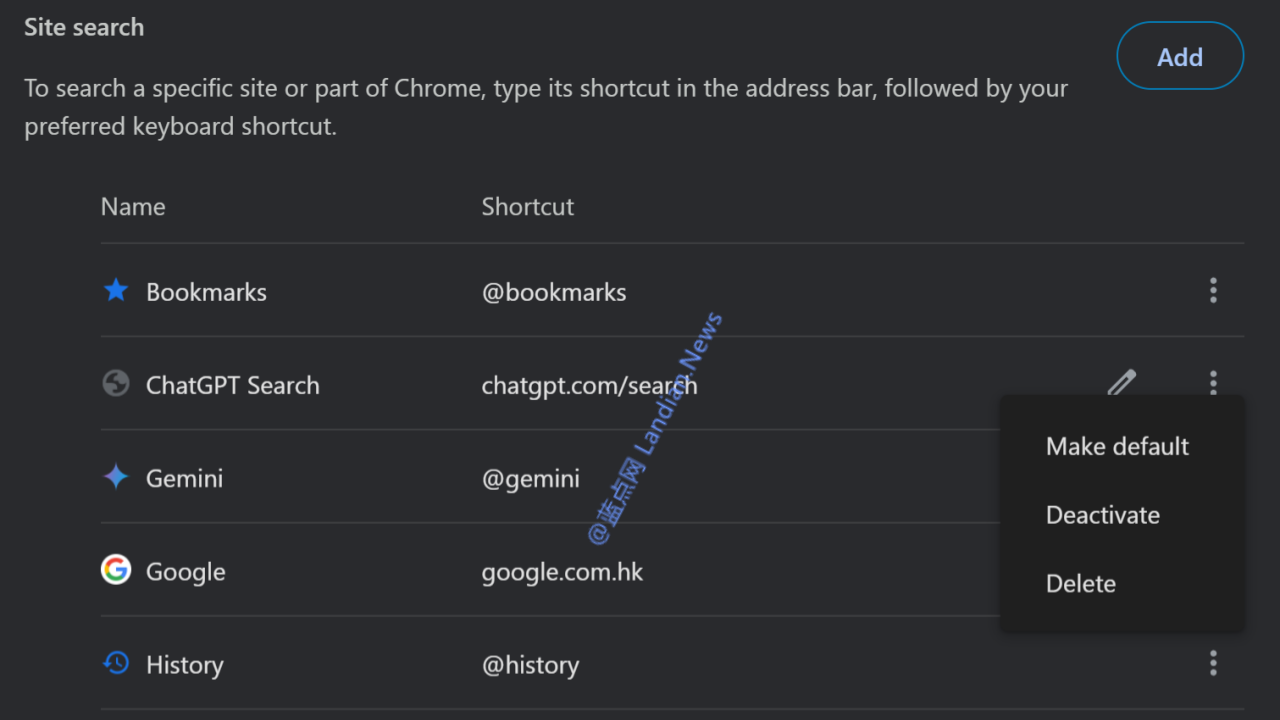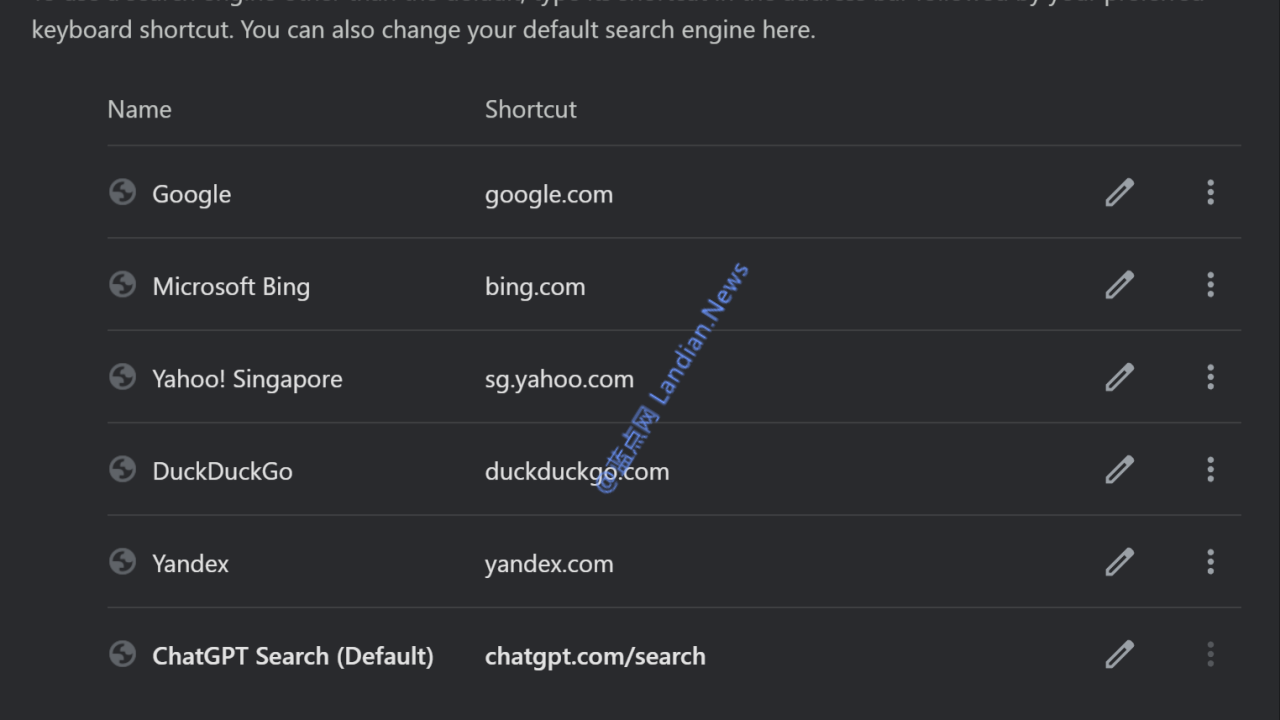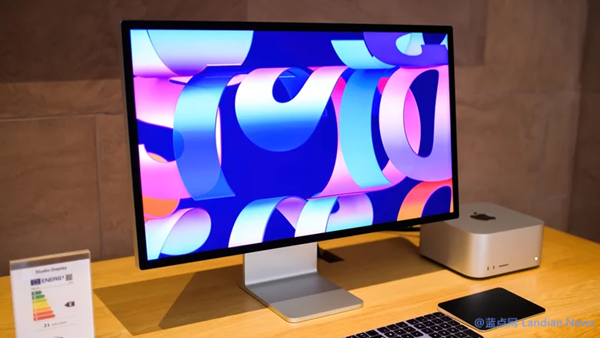Apple's Harsh Words: Apple Claims Bing is Too Inferior, Making Google the Default Search Engine
This week, a U.S. federal court ruled that Google has engaged in monopolistic practices, including paying Apple $20 billion annually to make Google the default search engine on the Safari browser and Google not worrying about its search and advertising business being taken over by competitors.
Google is, of course, set to appeal these rulings, as such large-scale antitrust cases usually take several years to reach a final outcome, and it's possible that the ultimate resolution might simply involve a settlement payment.
Since Apple is also an indirect participant in this antitrust case, the court has collected a lot of evidence from Apple, which is currently being disclosed gradually, including Apple's view that Microsoft Bing search is so inferior that Google has to be set as the default search.
Apple's statements are indeed somewhat harsh:
Eddy Cue, Apple's Senior Vice President of Services, stated that there are no meaningful alternatives, and Microsoft could not offer any price to make Bing the default search engine on Safari.
In previous media interviews, Eddy Cue revealed that Microsoft could not offer a price as high as $20 billion like Google, and even if Microsoft offered Bing for free to Apple or was willing to sell Bing to Apple, Apple would not set it as the default search engine.
Apple's comments mainly serve to indirectly confirm the current market reality: Google is the only choice as the default search engine. Even if Google did not pay the $20 billion fee, Apple would still make Google the default search.
It's worth noting that Apple does not consider Bing's desktop version to be inferior; on the contrary, Apple believes Bing's desktop search is on par with Google search. However, Bing search is significantly behind on mobile.
The Contract Between Google and Apple:
The fact that Google is willing to pay Apple $20 billion annually to be the default search engine is indeed surprising, and the court clarified the terms of the contract between Google and Apple during the trial.
Google and Apple signed the current contract in 2016, but their cooperation dates back even earlier. In 2016, Apple introduced the search suggestions feature, where entering certain content in Spotlight would recommend apps or websites to users.
This feature was significant, and according to Apple's analysis cited by Google, it could lead to a 10%-15% loss in search traffic for Safari and a 4%-10% loss in revenue for the iOS Safari browser.
Based on this, a provision was added to the 2016 contract between Google and Apple, specifying that the implementation of Safari's default settings must remain the same as before, meaning Apple could not further expand the search functionality without losing traffic and breaching the contract.
The contract was renewed in 2021, with a validity period until 2026. Apple has the unilateral right to extend the agreement for two more years, and if both Google and Apple agree, the contract can be extended until 2031.
Additionally, the contract requires both Google and Apple to defend the agreement against regulatory actions, such as the antitrust case launched by U.S. regulators against Google. Apple must fulfill its contractual obligation to "defend" the agreement.
How is the $20 Billion Calculated?
The contract between Google and Apple is not complex. In return for exclusive and non-exclusive default display positions (i.e., the default search engine and bookmarks for Chrome and Safari browsers downloaded by users), Google pays Apple a certain percentage of its net advertising revenue.
Net advertising revenue refers to Google's net profit after deducting all costs, with the division amount determined by a percentage of net profits. In 2022, the division amount reached 20 billion, compared to 10 billion in 2020.
